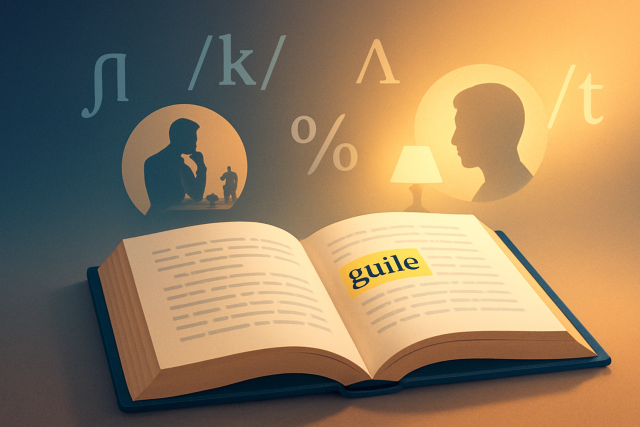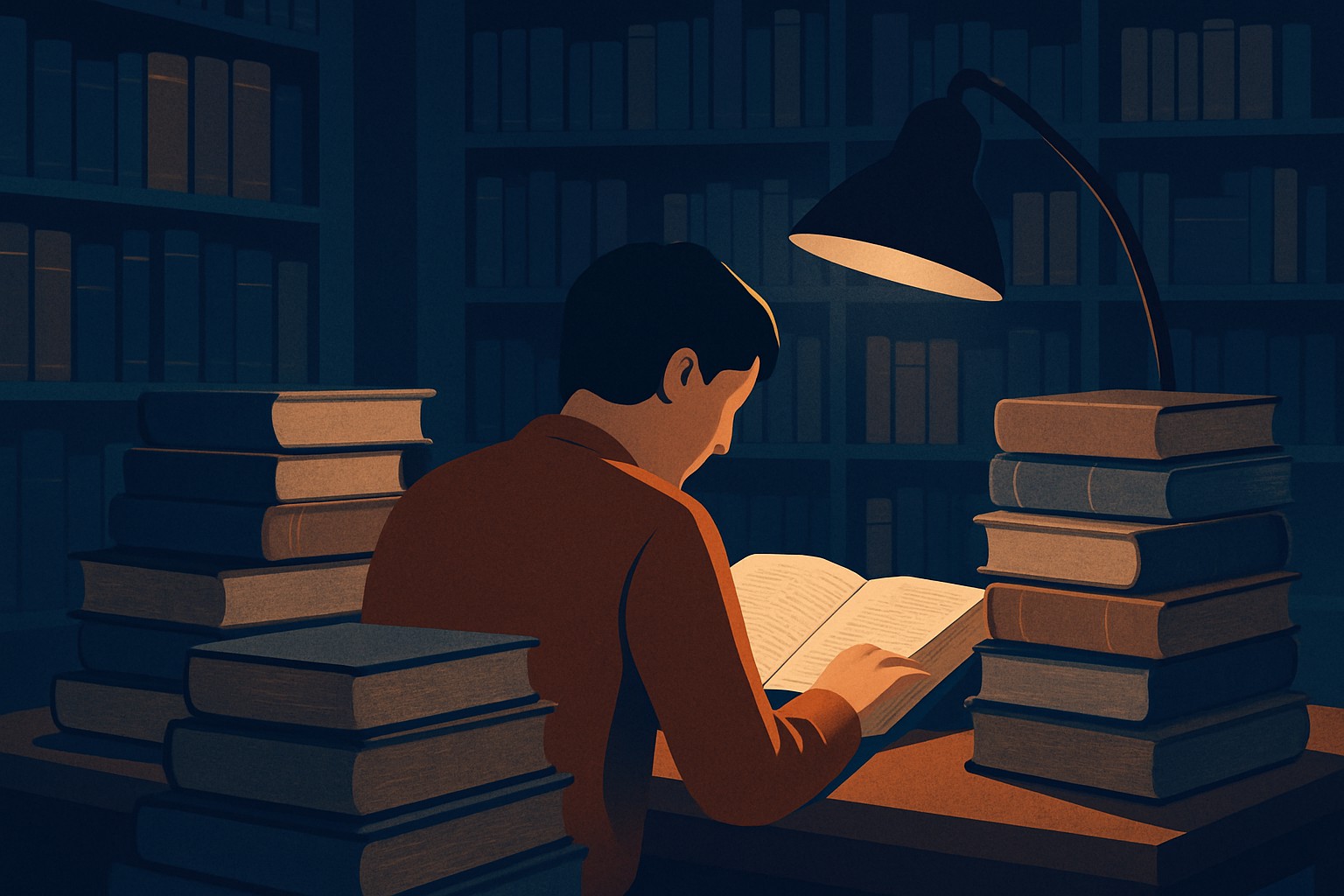
The Most Boring Book Ever Written That Still Gets Read Today


Calling a book "the most boring book ever written" might sound like a harsh jab yet strangely many of these so-called dull books continue to be read and even admired.
Our ranking dives into books many people might label as dull because of slow pacing or dense writing style. Yet they hold their ground and remain important for their cultural or academic weight. We looked at critical reviews and how long readers stuck with these titles to cherry-pick those that clearly stand out as classic cases of boring but essential reading.
What Usually Makes a Book Feel Like the Most Boring Book Ever Written?
Boredom in literature often boils down to personal taste but more often it is tied to dragging pacing and language that feels too dense or stuck in the past. Heavy-handed thematic explanations and storytelling styles can put some readers at arm's length.
- Writing that’s dense and overly complicated and can be a slog to get through
- Plot that drags its feet or barely moves and can test the patience of readers craving excitement
- Heavy philosophical or theoretical discussions that might feel like too much brain food causing some readers to tune out
- Character development that feels limited or flat and fails to spark an emotional connection
- Writing styles that feel outdated or overly formal and can try the patience of today’s more casual readers
Five Books Often Labeled Boring but Somehow Still Keep Readers Hooked Today
This list shines a light on five famously challenging yet widely read books, each one standing out for its own unique reasons why it still matters today. Some stick around because they’ve become staples in school curriculums, while others have left quite a mark on literary or philosophical thought.
1. Moby-Dick by Herman Melville
"Moby-Dick" often gets labeled as one of the most tedious reads because of its long and detailed chapters on whale biology and seafaring life. Yet despite these slower stretches it has carved out a solid spot in American literature thanks to its rich symbolism, bold storytelling and thoughtful meditations on obsession and what it means to be human.
Melville's wide-ranging detours into the world of whales and whaling tend to either grab readers by the collar or slowly wear them down — which explains why opinions on how digestible this epic really is can be all over the map.
2. Ulysses by James Joyce
This one is a bit of a beast, no denying it. Ulysses by James Joyce isn’t just a novel; it’s an adventure through the tangled streets of Dublin and the labyrinth of the human mind. If you’re up for a challenge and a bit of literary magic, this book will keep you on your toes—sometimes dazed, sometimes amused, but always hooked. Joyce’s style is famously intricate, so buckle up and prepare for a wild ride through stream-of-consciousness narration that’s as rewarding as it is demanding.
James Joyce's Ulysses is notorious for throwing readers into the deep end with its dense stream-of-consciousness style and a tangle of layered references. Plenty of people struggle to wade through it, thanks to its shifting styles and the complex symbolism that almost demands a second look.
3. Infinite Jest by David Foster Wallace a sprawling, mind-bending masterpiece that’s equal parts challenging and rewarding. If you’ve ever found yourself tangled up in footnotes and long, winding sentences, you’re in good company here. It’s the kind of book that demands your full attention but offers piles of insight and a good dose of dark humor in return.
"Infinite Jest" has gained a reputation for its hefty length and labyrinthine footnotes. Its plot can twist your brain in knots. It can feel overwhelming and exhausting at times.
4. The Waste Land by T.S. Eliot a poem that’s both intense and elusive, weaving fragments of culture and history into a tapestry that’s as challenging as it is rewarding.
T.S. Eliot’s "The Waste Land" often feels like wrestling with a tricky, fragmented puzzle packed to the brim with literary allusions and scholarly nods. Its elliptical style and dense imagery can come across as a bit dry or opaque to many readers.
5. "Being and Time" by Martin Heidegger a real heavyweight in philosophy that often leaves readers scratching their heads, yet somehow inviting them back for more.
Martin Heidegger's "Being and Time" is famous for its dense philosophical language and tough abstract arguments that can push even seasoned philosophers to their limits. Many individuals find it a tough nut to crack but its undeniable impact on existentialism, phenomenology, and 20th-century philosophy means it still holds a special place as a cornerstone for academics and passionate students alike.
Comparative Table Highlighting Important Features of These Unassuming yet Surprisingly Enduring Books
| Book Title | Author | Year Published | Why It’s Considered Boring | Reasons for Continued Readership |
|---|---|---|---|---|
| Moby-Dick | Herman Melville | 1851 | Packed with painstakingly detailed technical chapters and a plot that creeps along at a snail's pace | Bursting with rich symbolism and hailed as a cornerstone of American literary history, it’s worth sticking it out for |
| Ulysses | James Joyce | 1922 | Dense, stream-of-consciousness style paired with layers upon layers of symbolism that can leave you scratching your head | Celebrated as a modernist classic, it breaks all the rules with its groundbreaking narrative style |
| Infinite Jest | David Foster Wallace | 1996 | Long-winded with complex footnotes and a labyrinth of interwoven plots that might make you lose your place | Delves into profound themes with an experimental flair that really makes you think, if you can keep up |
| The Waste Land | T.S. Eliot | 1922 | Fragmented structure filled with obscure references that can feel like decoding a literary puzzle | Considered a foundational modernist poem and a real heavyweight in literary scholarship |
| Being and Time | Martin Heidegger | 1927 | Laden with dense philosophical jargon and abstract ideas that can leave readers nodding off | A pivotal text in existentialist philosophy, influencing countless fields and giving readers plenty to chew on |
What Is It That Keeps Individuals Coming Back to These Books Again and Again?
Readers often find themselves returning to these seemingly dull books for a bunch of reasons. They’re prized in academic circles for good reason, but there’s also a rich cultural weight behind them and a kind of mental workout they provide that’s hard to beat.
- These works hold a firm spot in academic canons so it’s no surprise that many individuals find themselves coming back to them time and again.
- They’ve shaped modern literature, philosophy and criticism in significant ways making a solid understanding of them quite handy.
- Their rich layered themes often reward readers who dive in multiple times and reveal new depths with each pass.
- They consistently draw enduring critical praise that keeps the buzz going strong.
- Literary traditions usually champion their steady presence in course syllabi ensuring they stick around for the long haul.
How to Squeeze More Juice Out of Books That Drag or Fall Flat
Tackling difficult or dull books - even the most boring book ever written - usually goes a lot smoother when you have got the right strategies. Setting small achievable goals and giving yourself plenty of breathing room can really keep your interest alive. Also, digging into the book's background helps.
Set achievable reading goals to avoid feeling overwhelmed and keep your motivation strong.
Break the book into bite-sized sections so you can tackle complex ideas one step at a time.
Explore the historical and cultural background before you start or as you go because it adds flavor.
Join discussion groups or online forums to share ideas and clarify confusing parts.
Be patient with yourself and make time to reflect. You will be surprised how much this helps you absorb tricky themes and styles.
Learn More
- The Paris Review - Thoughtful Insights and Deep Dives into Literature’s Heart
- Project Gutenberg - Your Go-To Spot for Free Access to Timeless Classic Literature
- The Modern Language Association (MLA) - Essential Resources Tailored for Academics
- JSTOR - A Treasure Trove of Scholarly Research, All at Your Fingertips






